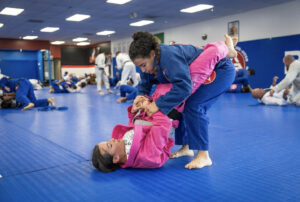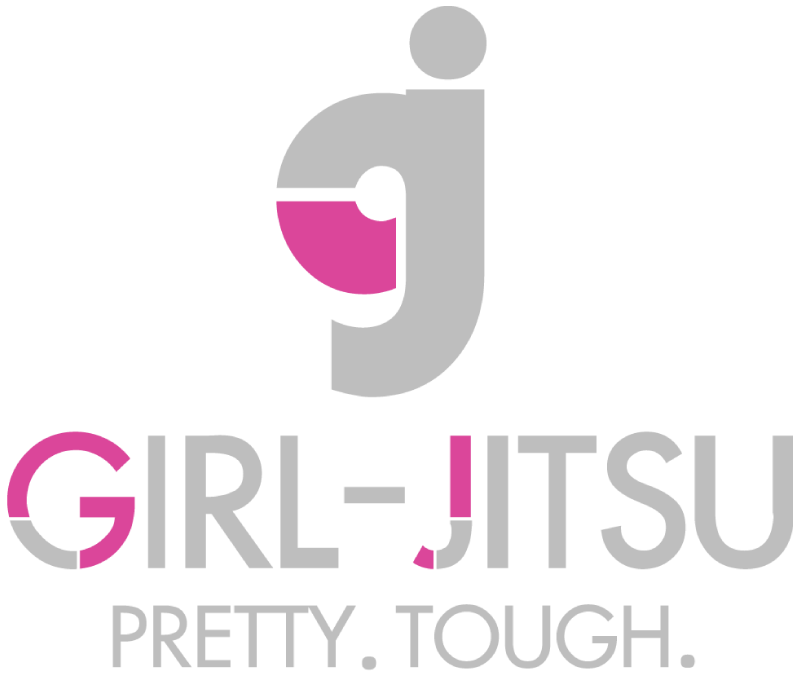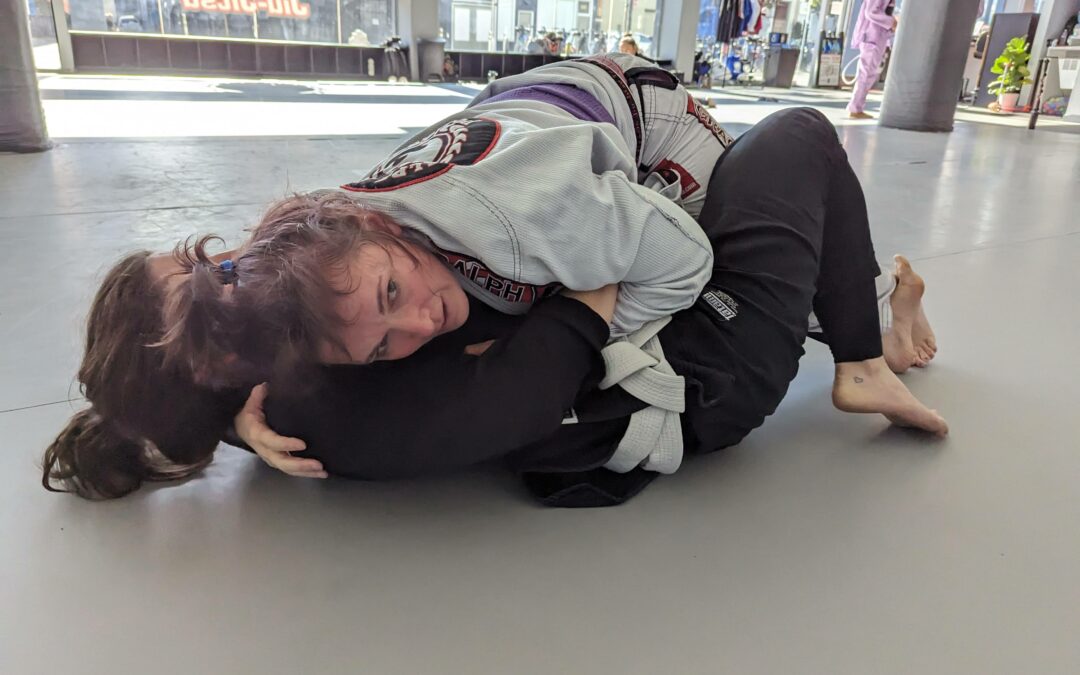Jiu-Jitsu is m ore than just a physical activity; it’s a mental challenge that demands dedication, discipline, and perseverance. Without clear goals, it’s easy to lose sight of progress and become disheartened. Setting tangible, achievable goals not only motivates you but also provides a sense of direction and purpose in your training.
ore than just a physical activity; it’s a mental challenge that demands dedication, discipline, and perseverance. Without clear goals, it’s easy to lose sight of progress and become disheartened. Setting tangible, achievable goals not only motivates you but also provides a sense of direction and purpose in your training.
Define your objectives precisely. Instead of saying, “I want to get better at Jiu-Jitsu,” set a specific goal like, “I aim to improve my guard passing technique.”
Make your goals quantifiable. For instance, set a target such as, “I want to attend Jiu-Jitsu class three times a week,” or “I aim to compete in at least two tournaments this year.”
Ensure that your goals are realistic and attainable within your capabilities. Setting overly ambitious goals might lead to frustration or burnout. Gradually progressing from simpler goals to more challenging ones can help maintain motivation.
Align your goals with your aspirations and the aspects of Jiu-Jitsu you wish to improve. Whether it’s refining a specific technique, enhancing endurance, or competing at a higher level, ensure your goals hold personal significance.
Establish a time frame for achieving your goals. Having a deadline creates a sense of urgency and helps track progress. For example, “I plan to earn my blue belt by the end of the year” or “I aim to improve my submission defense within the next three months.” ![]()
Types of Jiu-Jitsu Training Goals
-
Technique Mastery: Focus on refining specific techniques or positions, such as mastering the armbar from guard or improving your sweeps from bottom position.
-
Physical Conditioning: Set goals related to strength, flexibility, and endurance to enhance your overall performance on the mats.
-
Competitive Goals: If you enjoy competing, set targets for participating in tournaments or achieving specific results in competitions.
-
Mental Growth: Goals can also encompass mental aspects like improving focus, learning to stay calm under pressure, or developing a better understanding of strategy and tactics.

Strategies for Goal Achievement
-
Create a Plan: Break down your larger goals into smaller, manageable steps. A well-structured plan can make overwhelming objectives feel more achievable.
-
Consistency is Key: Regular and consistent training is vital for progress. Even on days when motivation wanes, sticking to your routine can make a significant difference in achieving your goals.
-
Seek Guidance: Don’t hesitate to ask your coaches or more experienced training partners for advice or guidance. Their insights can help refine your goals and training methods.
-
Track Progress: Keep a training journal or use apps to monitor your progress. Tracking improvements, setbacks, and milestones provides a clear overview of your journey.
-
Stay Flexible: While setting goals is important, be adaptable. Circumstances may change, requiring adjustments to your objectives. Embrace flexibility while staying focused on the end goal.
Setting goals for Jiu-Jitsu training in the new year is a powerful way to channel your passion, dedication, and commitment to personal growth on the mats. By employing effective strategies, you can make significant strides in technique, physical fitness, competition, and mental fortitude. Embrace the journey, stay focused, and let your goals propel you toward becoming a better practitioner of the art of Jiu-Jitsu.

